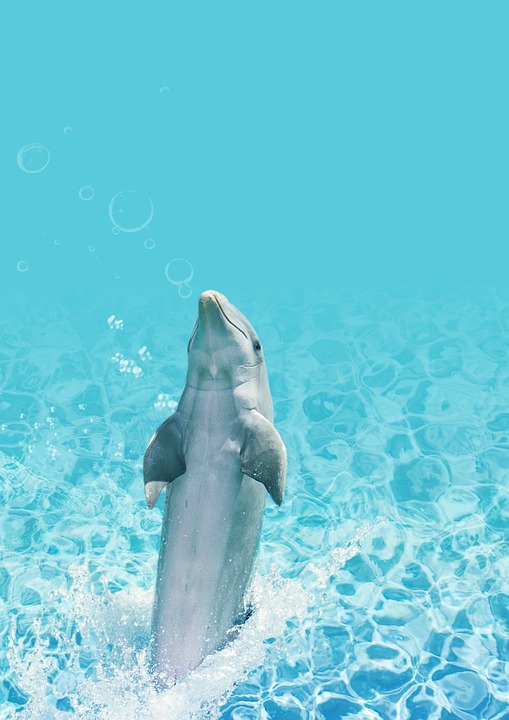Having a healthy aquarium is crucial for the well-being of your fish. One of the key aspects of maintaining a thriving aquatic environment is monitoring and maintaining the water quality. In this article, we will discuss the importance of water quality, how to monitor it, and provide essential tips for maintaining optimal conditions in your aquarium. So, let’s dive in!
Why is Water Quality Important?
High-quality water is essential for the overall health and longevity of your fish. Poor water quality can lead to stress, diseases, and even death. Monitoring and maintaining the water quality is crucial for creating a suitable habitat that mimics the natural environment of your fish.
Monitoring Water Quality: The Essential Parameters
1. pH Levels: pH measures the acidity or alkalinity of the water. Different fish species require different pH levels to thrive. It is important to regularly test and adjust the pH to ensure optimal conditions for your fish.
2. Ammonia and Nitrite: Ammonia and nitrite are toxic substances produced by fish waste and decaying organic matter. Elevated levels of these compounds can cause severe harm to your fish. Regularly test and ensure that ammonia and nitrite levels are at zero.
3. Nitrate: Nitrate is another waste product in the aquarium. While it is less toxic than ammonia and nitrite, high levels can still be harmful. Regular water changes are essential to keep nitrate levels in check.
4. Temperature: Maintaining a stable temperature is crucial for the well-being of your fish. Sudden fluctuations in temperature can stress your fish and make them susceptible to diseases. Use a reliable aquarium thermometer to monitor and adjust the temperature as needed.
Maintaining Water Quality: Essential Tips
1. Regular Water Changes: Regular partial water changes are essential for removing accumulated waste and reducing nitrate levels. Aim for a 10-20% water change every 1-2 weeks, depending on the size of your aquarium.
2. Proper Filtration: A well-functioning filter is crucial for maintaining good water quality. Ensure that your filter is adequately sized for your aquarium and clean or replace filter media regularly.
3. Avoid Overfeeding: Overfeeding can lead to excessive waste accumulation and poor water quality. Feed your fish only what they can consume within a few minutes and remove any uneaten food promptly.
4. Use Dechlorinated Water: Tap water often contains harmful chlorine and chloramines. Treat tap water with a dechlorinator to neutralize these chemicals before adding it to your aquarium.
5. Avoid Overstocking: Overstocking your aquarium can quickly lead to poor water quality. Research the specific needs of each fish species and ensure they are compatible before adding them to your tank.
FAQs (Frequently Asked Questions)
1. How often should I test my aquarium water?
It is recommended to test your aquarium water at least once a week to monitor the essential parameters.
2. What is the ideal pH level for my fish?
The ideal pH level varies depending on the fish species. Research the specific requirements of your fish and aim to maintain a stable pH within their preferred range.
3. Can I use distilled water in my aquarium?
Distilled water lacks essential minerals required for fish health. It is best to use a combination of tap water treated with a dechlorinator and pH-adjusting products, if necessary.
4. How can I lower nitrate levels in my aquarium?
Regular water changes, maintaining a proper feeding regimen, and using live plants can help lower nitrate levels in your aquarium.
5. Is it necessary to use a water conditioner?
Yes, using a water conditioner is essential to remove harmful chlorine and chloramines from tap water, making it safe for your fish.
Conclusion
Monitoring and maintaining water quality is a vital aspect of fish care. By regularly testing and adjusting the essential parameters, performing water changes, and providing proper filtration, you can create a healthy and thriving aquatic environment for your fish. Remember to research the specific needs of your fish species and provide them with the optimal conditions they require. Happy fishkeeping!









